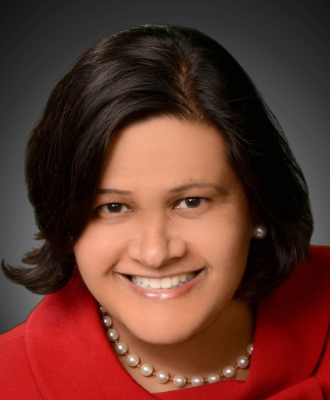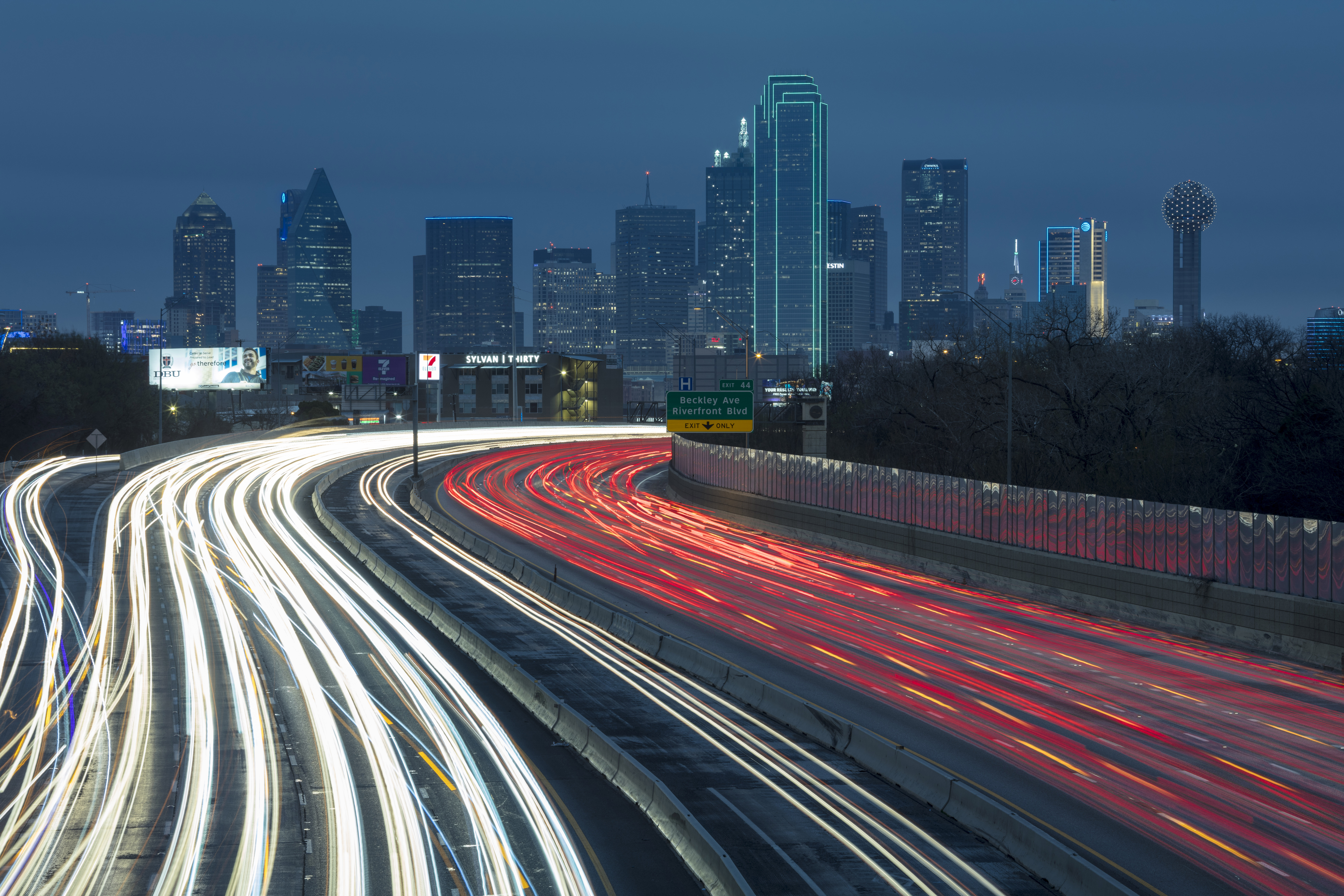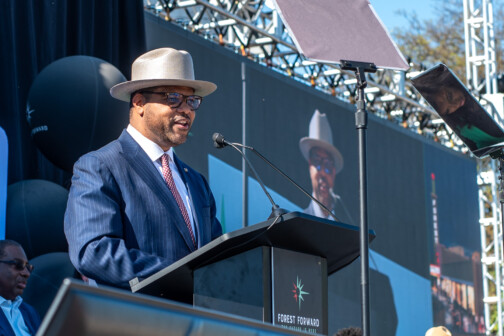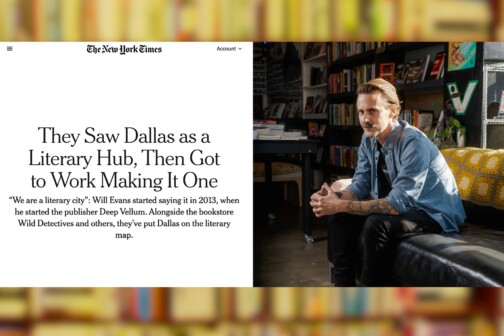As the United States emerges from the global pandemic, challenges related to job creation, innovation and resilience are heightened. Investment in infrastructure can help address these challenges and facilitate opportunities for change and economic recovery locally across North Texas.
The American Jobs Plan envisions an approximately $2 trillion investment over eight years. The proposed investment addresses traditional infrastructure such as roads, bridges, and airports along with quality-of-life objectives including clean water, a resilient energy grid, and equal access to broadband. Because of the plan’s scope, it stands to be a game-changer in new and sustainable job creation.

More than ever, high-impact infrastructure can help us continue to fast-track our recovery putting more Americans back to work. According to U.S. Secretary of Transportation Pete Buttigieg, the proposed plan would give state and local governments significant new funding to invest in infrastructure serving as a catalyst to create close to 2.7 million jobs across the country.
The North Central Council of Governments (NCTCOG) is currently working with congressional members to prioritize bold, forward-thinking projects for our region including DART D2, a future light rail line through downtown Dallas, reconstruction of Interstate 30, and revisioning the elevated Interstate 345 that connects I-45 with I-75.
Transportation, while a critical economic driver and essential public resource, is one of the largest contributors to greenhouse gas emissions. AECOM’s CEO Troy Rudd testified before the U.S. House Transportation and Infrastructure Committee on “The Business Case for Climate Solutions in Transportation” where he suggested opportunities for transportation systems to better serve communities and reduce impacts on the environment.
Cities, like Dallas and its Comprehensive Environmental & Climate Action Plan (CECAP), are prioritizing climate goals and reducing transportation-related carbon emissions as part of a multi-sector suite of actions. Zero emissions technologies, such as battery electric vehicles and hydrogen, will reduce transportation-related greenhouse gas emissions and are essential parts of infrastructure modernization. Dallas secured a $4 million federal grant for state-of-the-art transit and bicycle-pedestrian upgrades for the S.M. Wright Freeway, and AECOM’s Automated Bus Consortium is investigating the feasibility of implementing pilot automated bus projects across the U.S.
Innovative delivery is as important as innovative technology. To better support visionary forms of mobility from high-speed rail to hyperloop, we need revisions in contracting rules and greater flexibility in standards to increase the speed of adopting innovation.
The federal government also must encourage a shift in the procurement model at all levels of government to ensure consideration of full life-cycle costs, including environmental and social costs. Federal, state, and local agencies should support sustainable long-term funding mechanisms — including gas tax reform, vehicle miles traveled tax, or other innovative user fees — which paired with innovative financing through private sector engagement could yield powerful financial resources for state and local governments.
Through new infrastructure policy, practice and investment, we will begin to address the injustices facing our nation to create an equitably built environment. The American Jobs Plan includes major provisions that address historic issues of racial inequity and advance climate-conscious policies. The plan targets 40 percent of the climate and clean infrastructure investments to disadvantaged communities.
Architects, planners, and designers can use data-driven tools and analytics to create an equity-based approach to infrastructure. Identifying and advancing the long-term funding solutions needed for our future infrastructure requires a bold and bipartisan effort. Our teams are prepared to help achieve the plan’s goals in support of our clients and communities here in North Texas and across the U.S.
Dev Rastogi is the Dallas Executive at AECOM.






